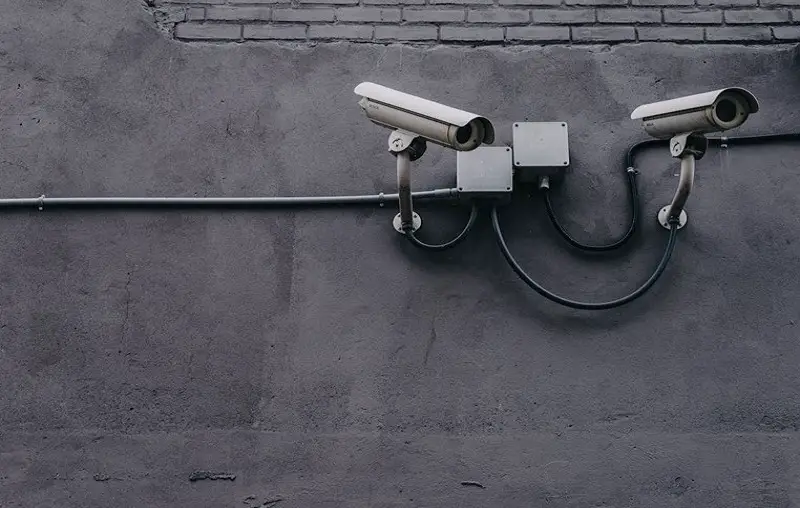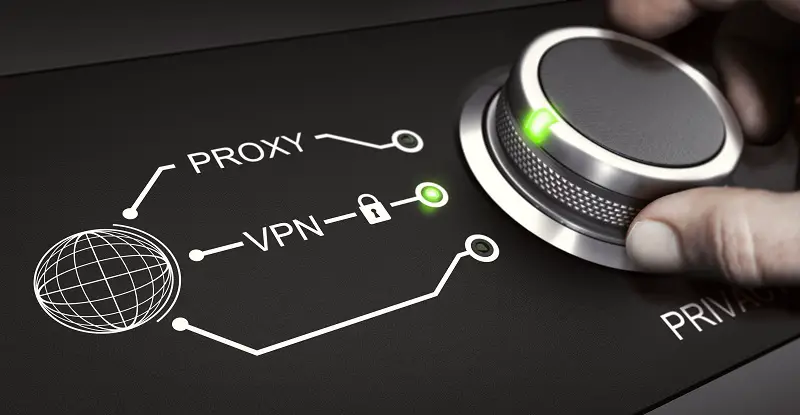The past two decades have been characterised by the ceaseless march of technology. Mobile phones have transformed from mere mobile communicators to internet devices and multimedia players. We can boil the kettle remotely and order our shopping by speaking to our virtual Amazon assistants.
Whilst all of these technological advancements have helped to make our day to day lives easier, the constant progression of tech has created problems too. Chief amongst those problems for business owners is cyber security, an issue that was exacerbated during the pandemic with more people working from home.
In a bid to combat the risk of cyber threats, a number of business are now turning to Zero Trust VPN systems. Want to know how a Zero Trust security system could be of benefit to your business? Read on for the complete lowdown.
Why Businesses Need Cyber Security Systems
As technology has improved so have the tactics of those intent on using it to commit criminal acts. Twenty years ago, online scams were incredibly primitive in comparison to the types carried out by today’s online fraudsters.
Since 2020, when huge swathes of the workforce were asked to work remotely, criminals have been targeting the flimsy online connections between employees and their organisation. The purpose of these attacks can vary from straightforward attempts to steal money to elaborate attempts to leak customer’s personal data in order to hold the company to ransom.
It is no wonder then that companies from simple start-ups to multi-million dollar empires are having to pay particular attention to their cyber security systems. With that in mind, let’s take a look at some of the most common.

VPNs
If you’ve listened to a podcast in the past five years, chances are, you’ve heard hundreds, if not thousands of adverts for Virtual Private Networks (VPNs.) First coming into vogue as a way to access location locked content, VPNs are now used by individuals and organisations to protect their data.
They work by encrypting and therefore locking, all the data that is passed between the device you are using and your internet service provider. This creates something known as a VPN tunnel which stops anyone from outside monitoring the information traveling between you and your online destination.
The one major drawback with a VPN is that it can be navigated by a savvy hacker and once that happens, there’s no other action or recourse that can be taken.
Zero Trust Networks
This is the highest level of cybersecurity that can be employed by an organisation. As the name would suggest, this system takes a zero trust approach, treating every user as a potential enemy until proven otherwise.
Using a system like this, employees would only be authorised to access the apps and programs that they needed to complete their job and nothing else. In addition to this, users on a zero trust network are regularly asked to undergo authentication procedures.
As well as being airtight, zero trust networks are also clever, using context to keep out threats. For example, if a user accesses their work programs during 9-5 on weekdays, any attempts to access these programs out of those hours will likely be blocked.
Whilst proving incredibly safe and secure, the major downside of this security system is that, if permissions are not regularly updated, remote workers can find it hard to carry out their full work duties remotely.
Are Zero Trust Networks Popular?
Whilst still behind regular VPNs in term of adoption, zero trust networks are on the rise and have been tipped to dominate the cyber security market in the next decade. In 2021 the global zero trust market was valued at $23.61 billion, by 2031 that figure is projected to rise to $126.02 billion.
Currently zero trust networks are most popular with large organisations that regularly handle sensitive personal information like accounting firms and financial institutions.
In Europe, where updated data protection laws were implemented in 2018, zero trust networks are becoming the norm for companies looking to remain on the right side of the legislation.
If you’re a business owner or responsible for your organizations cyber security, then it makes sense to upgrade to a zero trust network. Put quite simply, they offer a level of security unmatched by any other system.
With fraudsters and scammers updating their tactics every day, it’s no longer enough to rely on a VPN for all of your online security needs. As with every security upgrade, make sure you thoroughly research all of your options before choosing a zero trust network provider.

